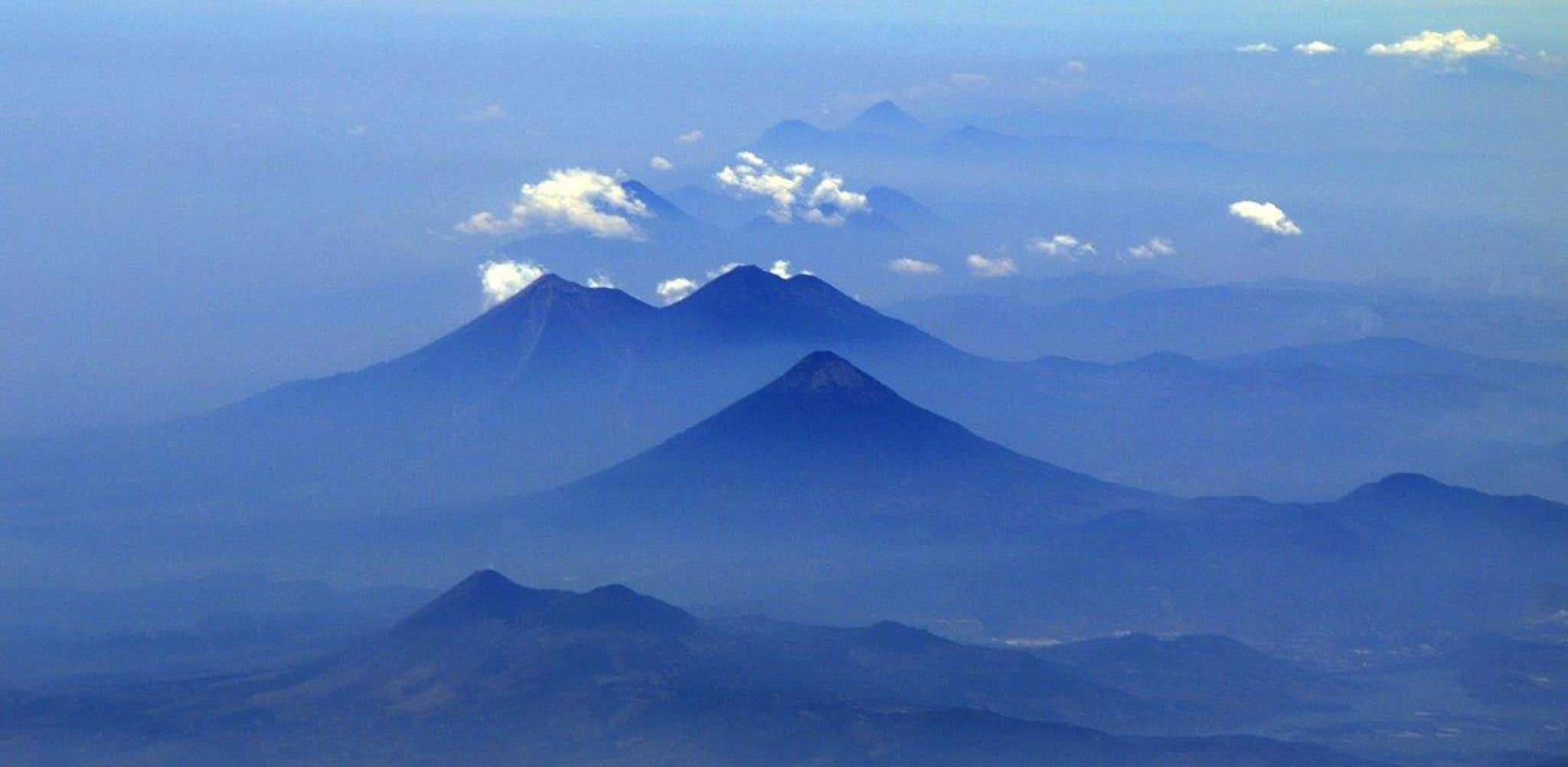MEXICO CITY – Four Central American countries – Guatemala, El Salvador, Honduras, and Nicaragua – are struggling, still burdened by the legacy of the last century’s wars. They are resilient yet incomplete democracies, challenged by poverty, violence, and corruption – and all but forgotten by the international community. But now there is reason to hope that these countries’ prospects could improve.
Nicaragua, it should be noted, is not quite in the same category as Central America’s other three. Like them, it suffered through a brutal and protracted civil war; unlike them, however, successive governments have built institutions capable of supporting a reasonable level of territorial control and domestic security.
By contrast Guatemala, El Salvador, and Honduras suffer levels of violence that are among the highest in the world, laying waste to cities and slums, bleeding younger generations, and driving away investment and tourism. The specifics vary across countries, but the results are the same.
In Honduras, local gangs work with international organized crime groups. Since 2005, with the help of Venezuelan Chavistas and Mexican capos, the country has served as a pipeline for illegal drugs, especially cocaine, from Venezuela to Mexico and the United States.
In Guatemala, the major criminal organizations have long been embedded in the state, making gangs more of a vehicle of social mobility than anything else. Since Mexico closed its air space to drug traffickers’ planes from Colombia and Venezuela, Guatemala’s coasts and highways have become crucial to the trade, with local, Mexican, and Colombian traffickers fighting for control.
In El Salvador, drug traffickers have a smaller presence (the country is not exactly a route to the north), and the country’s armed gangs have a different origin: Los Angeles. During El Salvador’s civil war, hundreds of thousands of Salvadorans fled to the United States, where some joined gangs for protection and a livelihood. About 15 years ago, many of these gang members were deported, bringing their criminal activities with them.
A ceasefire with the gang leaders, reached under the previous government, dampened the violence for a while. But the current administration’s decision to cancel the deal (which was weakening anyway) triggered a fierce response from major gangs. With the government now fighting back, violence has reached unprecedented levels: 250 deaths just in the first week of August.
Given their instability, it is perhaps not surprising that these countries’ diasporas play a central role in their economies. Nicaragua, whose emigrants typically head south to Costa Rica or to work in Panama’s construction industry, depends on remittances for 10 percent of its GDP. Guatemala receives as much as 10 percent of its national income from expatriates, usually in the U.S. Remittances account for 17 percent of Honduras’ GDP, and 17 percent of El Salvador’s.
Despite U.S. efforts to deport Central Americans who reach its territory, and Mexico’s attempt to seal its southern border to help its northern neighbor, the flow of immigrants continues. As the former Salvadoran politician Joaquín Villalobos has warned, the region is at risk of becoming so dependent on external funds, whether remittances or aid, that its labor capabilities and capacity for innovation could all but disintegrate, condemning it to persistent poverty.
US active again in Central America
Central America’s struggling countries need help to escape their current predicament. Fortunately, after decades of mostly staying out of the region’s affairs, the U.S. appears ready to get involved again, this time in a positive way. This is appropriate, given the U.S.’ role – from the “war on drugs” launched in 1971 to the dirty wars of the 1980s – in creating and sustaining the region’s problems.
So far, the U.S. has focused almost exclusively on limiting drug trafficking. But the variety and scale of the challenges facing the region is compelling President Barack Obama’s administration to act on other issues, from migration, which affects the U.S. directly, to violence and corruption.
Most promisingly, the U.S. is taking an active role in revitalizing and transforming the International Commission against Impunity in Guatemala (CICIG), created in 2006. Originally financed by the European Union and others involved in the 1996 peace agreements, which ended 36 years of civil war, CICIG aimed to aid in the investigation and prosecution “of the crimes committed by members of the illegal bodies of security.”
More recently, CICIG has focused on government corruption, becoming a more significant body than ever. Since the start of this year, it has implicated several members of ex-President Otto Pérez Molina’s Cabinet, as well as the president himself, in major corruption scandals. Vice President Roxana Baldetti was forced to resign, after reports linked her to a group accused of taking bribes to avoid levying customs taxes, and was arrested in August. Then Molina himself stepped down and was arrested immediately.
With a strong new Colombian commissioner and 200 security officers and 200 prosecutors, all of them foreigners, together with sufficient resources and the support of the U.S. embassy, CICIG has become a powerful instrument in the fight against one of Guatemala’s worst blights. As a high government official has put it: “It hurts to admit that we are unable to clean up our own house, but it is better that someone else does it than that nobody does.”
The rest of Central America is taking note. In Honduras, citizens have taken to the streets, sometimes even approaching the U.S. Embassy directly, to demand the establishment of an equivalent to CICIG in their country. Even in El Salvador, where corruption poses a lesser challenge, demands for an analogous commission have arisen.
Such institutions, together with the billion dollars that the U.S. promised to the three countries last year, could help put them on the path toward stability. Perhaps it could even enable them to revive the old dream of a customs union, possibly including Nicaragua and/or Costa Rica.
This is the first ray of hope the region has seen in a while. One hopes that it signals a long-awaited new dawn.
www.project-syndicate.org






